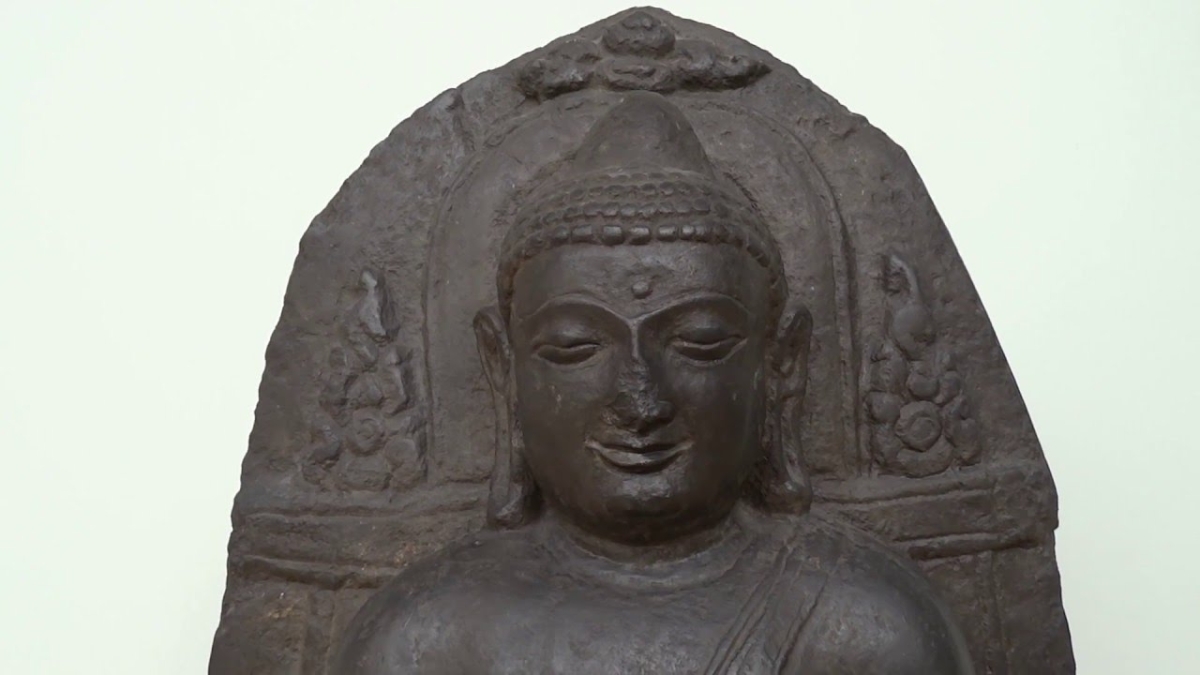South Korea and Japan, in a significant development agreed to return a 14th-century Buddha statue to Japan’s Kannonji Temple. The statue, a seated Bodhisattva, was stolen from Kannonji Temple on Tsushima Island in 2012 by South Korean thieves. After being recovered by South Korean authorities, Buseoksa Temple claimed ownership of the artefact, citing that it had originally been taken by Japanese pirates centuries ago.
Following a decade of legal wrangling, South Korea’s Supreme Court recently ruled that the statue should be returned to Japan, acknowledging its rightful ownership by Kannonji Temple. This decision is viewed as part of ongoing efforts to improve diplomatic relations between Tokyo and Seoul, particularly under the administration of South Korean President Yoon Suk-yeol, which has prioritised resolving historical disputes with Japan.
However, Buseoksa Temple has placed a condition on the return, requesting that a 100-day memorial service be held at their temple before the statue is sent back. Kannonji Temple, on the other hand, has rejected this condition, arguing that the statue should be returned immediately, with discussions on the memorial service to follow after its safe return. The head priest of Kannonji Temple stated that “it would be more appropriate to talk about the memorial service after the statue has been returned,” reflecting a strong desire to finalise the matter swiftly.
The Buddha statue, standing about 50 cm tall, holds significant cultural value in Japan and has been designated a cultural property by the Japanese government. Since the theft, the statue has been stored at the National Research Institute of Cultural Heritage in South Korea while legal proceedings played out. Buseoksa Temple had initially succeeded in a 2017 court case to retain the statue, citing claims of historical ownership. However, Japan continued to press for its return, with the latest Supreme Court decision aligning with international norms for the restitution of stolen cultural property.

